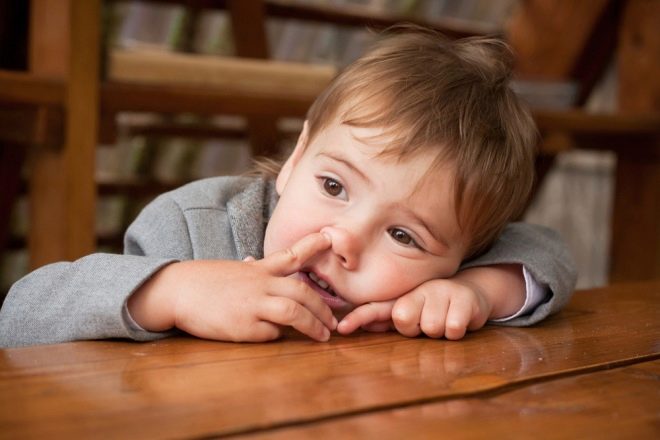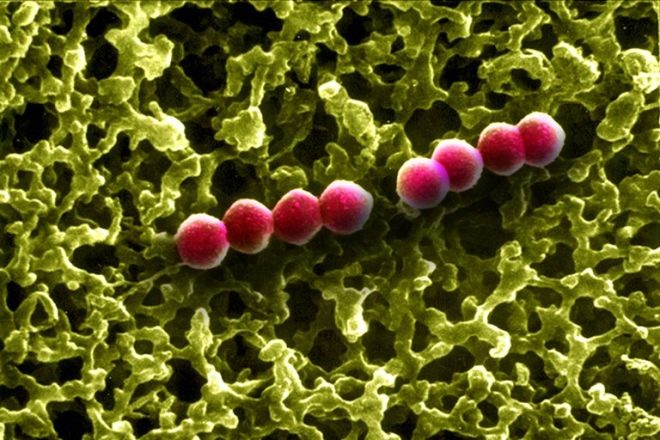Scientists have told why it is harmful for children to pick their nose
In the UK, the Liverpool School of Medicine conducted an interesting study, the results of which scientists rushed to share with parents all over the world. So, they called the common cause of pneumonia and purulent otitis ... nose picking!
Previously it was believed that the bacterium Streptococcus pneumoniae, better known as pneumococcus, is transmitted only by airborne droplets. It was believed that you can become infected through contact with small particles that leave the patient's airway when sneezing and coughing.
New data, which managed to get a group of British specialists on the guidance of Victoria Connor, showed that the child can get pneumococcus, just poking in the nose.
For such a conclusion, the British have good reasons.
They set up an experiment in which 40 healthy adults participated. They were randomly divided into four experimental groups. The first ten subjects were soaked with water, which contained pneumococci. Then they asked them to sniff their hands.
The second ten participants of the experiment put dried bacteria on their palms and asked to smell them. The participants of the third group were given the task to pick a finger in the nose. On the finger previously applied wet bacteria. And the fourth group was asked to do the same, but with dry pneumococci applied to the finger.
After that, all participants of the experiment were examined for the presence of pneumococcus on the nasal mucosa. He was found at all, but in the largest number of those who picked a finger in the nose. Wet bacteria were recognized as the most infectious, while almost one-third of dry bacteria died.
Thus, the scientists came to the conclusion that the likelihood of infection with pneumococcus is increased if the child picks his nose and also rubs his nose with the back of his hand.
Now scientists are thinking about how completely wean children pick one's nose and generally touch your nose. While they believe that it is almost impossible.
In this situation, they advised parents to closely monitor the situation when children are in contact with relatives or strangers with weakened immunity, for example, with the elderly, so as not to infect the older generation with pneumococcus, and to protect themselves, you need to wash your hands and toys more carefully.
In Russia, a national vaccination schedule provides for mandatory vaccination against pneumococcal infection. At risk - mostly children under 5 years.



